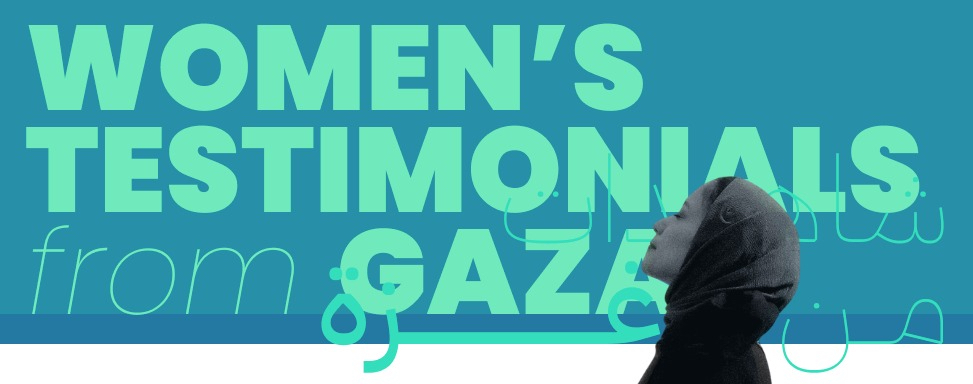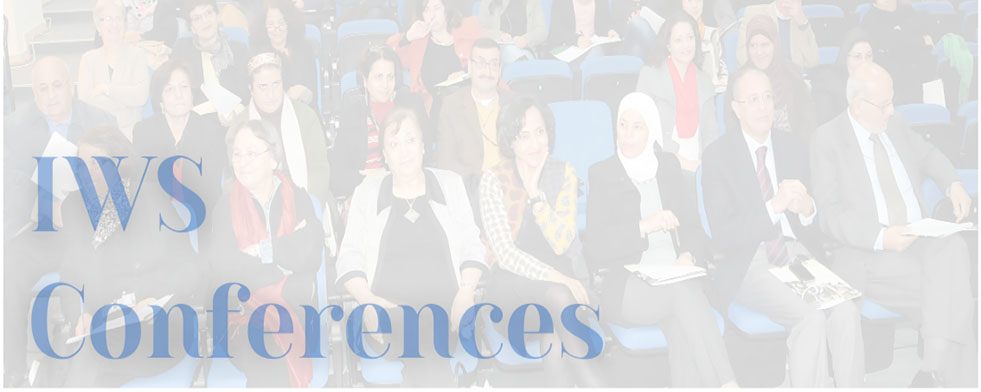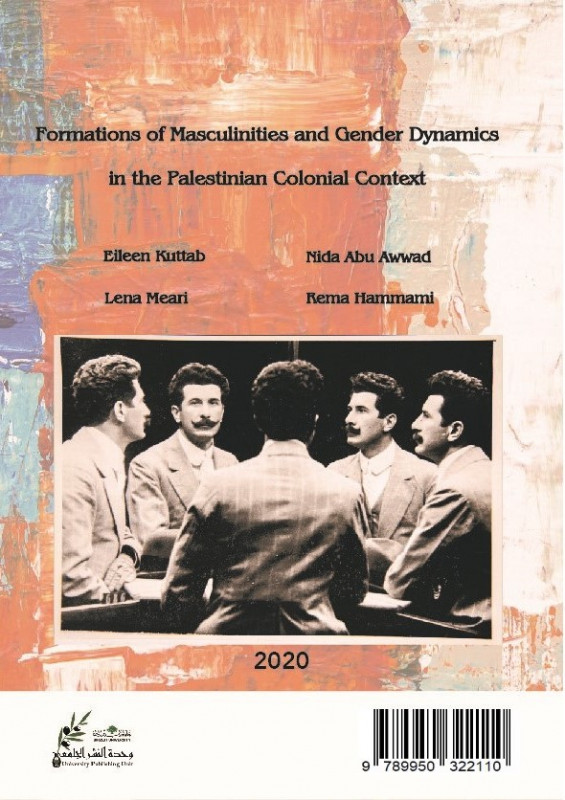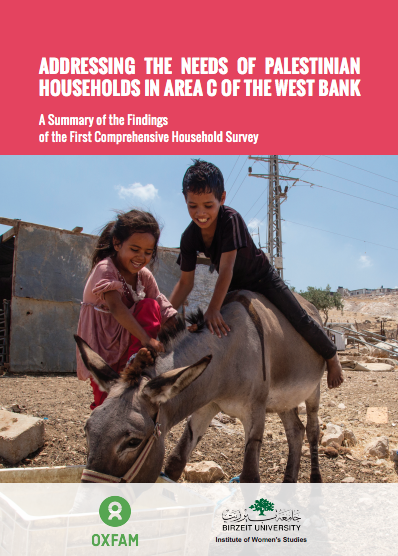Feminist consciousness and activism among Palestinian women in political parties. pdf
Year: 2008
Author: Fidaa Al Barghouthi
Supervisor: Randa Nasser
Discussion Committee: Ibrahim Mikkawi & Eileen Kuttab
Abstract
This study is basically intended to draw out general features regarding the nature of the feminist consciousness adopted by women close to the main national political parties in the Palestinian community. It also aims at examining how the level of the political activism, factional belonging, and the daily life experiences impacts the feminist consciousness. The measuring tools for the feminist consciousness were formed at two levels. The first level is related to the ideological consciousness and it includes three dimensions: 1- consciousness of equality in rights and opportunities, 2- consciousness of the features and characteristics of women, 3- consciousness of roles and responsibility allocations within the household. The second level is related to practices based on the feminist consciousness, and it has two dimensions: 1- the ability to take decisions in the personal issues, 2- the ability to change the traditional roles and relations in the private realm. The study adopted a method of combining two approaches of research; qualitative and quantitative by using a set of data collection methods: in–depth interviews with 30 political women activists holding leading ,intermediate, or popular positions in 5 political parties (Fatah, Hamas ,Hizbushab, Al-Jabha Ashabeyya ,Al Jabha Ademocrateyya) ,and a quantitative questionnaire that included measuring tools (closed questions) on the dimensions designed to measure the feminist consciousness phenomenon within the existing ideologies and practices based on the feminist consciousness. The questionnaire was distributed on a specific sample consisting of 250 women, close to the various political movements in the West Bank and Gaza. The results provided by each tool were then analyzed and compared to come out with a comprehensive image about the involved phenomena so as to achieve the highest possible level of accuracy and credibility in the field of social sciences. The study indicated that the percentage of the aware women vary and swing at two levels: the tactical level which reveals a greater consciousness for equality in education, protection against violence, labor, and in access to the decision making or participating in the political regime.
The other level is strategic and it reveals how deep are the roots of the cultural values and the stereotypes that strengthen the women’s dependency so as to maintain the existing structure of the patriarchal system. This situation forces women to confront a cultural and social reality which makes them victims of contradiction. Contradiction between their desire to be part of the general humanistic values on one side, and the patriarchal views, values and traditions that are deeply rooted in the community on the other side, and such views will prevail if they’re to be dealt with in a direct manner. This was obviously clear in those women’s feminist consciousness which was influenced, to some extent, by some indicators related to dimensions of opportunities & rights such as inheritance, freedom of movements, laws of social status and penalties. Also, their consciousness was influenced, to a moderate extent, by indicators related to role allocations within household such as making the crucial financial decisions, food preparing, house cleaning and doing the laundry. Their feminist consciousness was also largely influenced by some issues regarding features and characteristics of women, especially women’s ability to perform works that were traditionally associated with men such as camion driving or working in concrete workshops. This meant that the support that the sample women give to the absolute equality or equality, in labor indicator at the dimensions of opportunity and rights (which reached up to 83.4%), was not necessarily paralleled by an consciousness or belief in women’s ability to join works that are considered culturally restricted to men. It is worth mentioning too that women’s consciousness in supporting the absolute equality or equality in labor is not paralleled with a belief in the necessity of reallocating roles and distributing home duties, to some extent, in the ideological phase. The percentage of women who believed that it’s necessary that both the husband and wife should take part in making the important financial decisions in the family is 64.6%, for food preparing 54.3%, for house cleaning and laundry 53.1%, compared with 83.4% for women who supported the absolute equality or equality in labor.
Finally, it’s so important to indicate that about third of the women involved in the study have a feminist consciousness of equality at all dimensions and indicators ,despite their difficulty, and of the radical change requirements regarding the sexual relations and the patriarchal cultural of the community implied by those indicators.
Download



